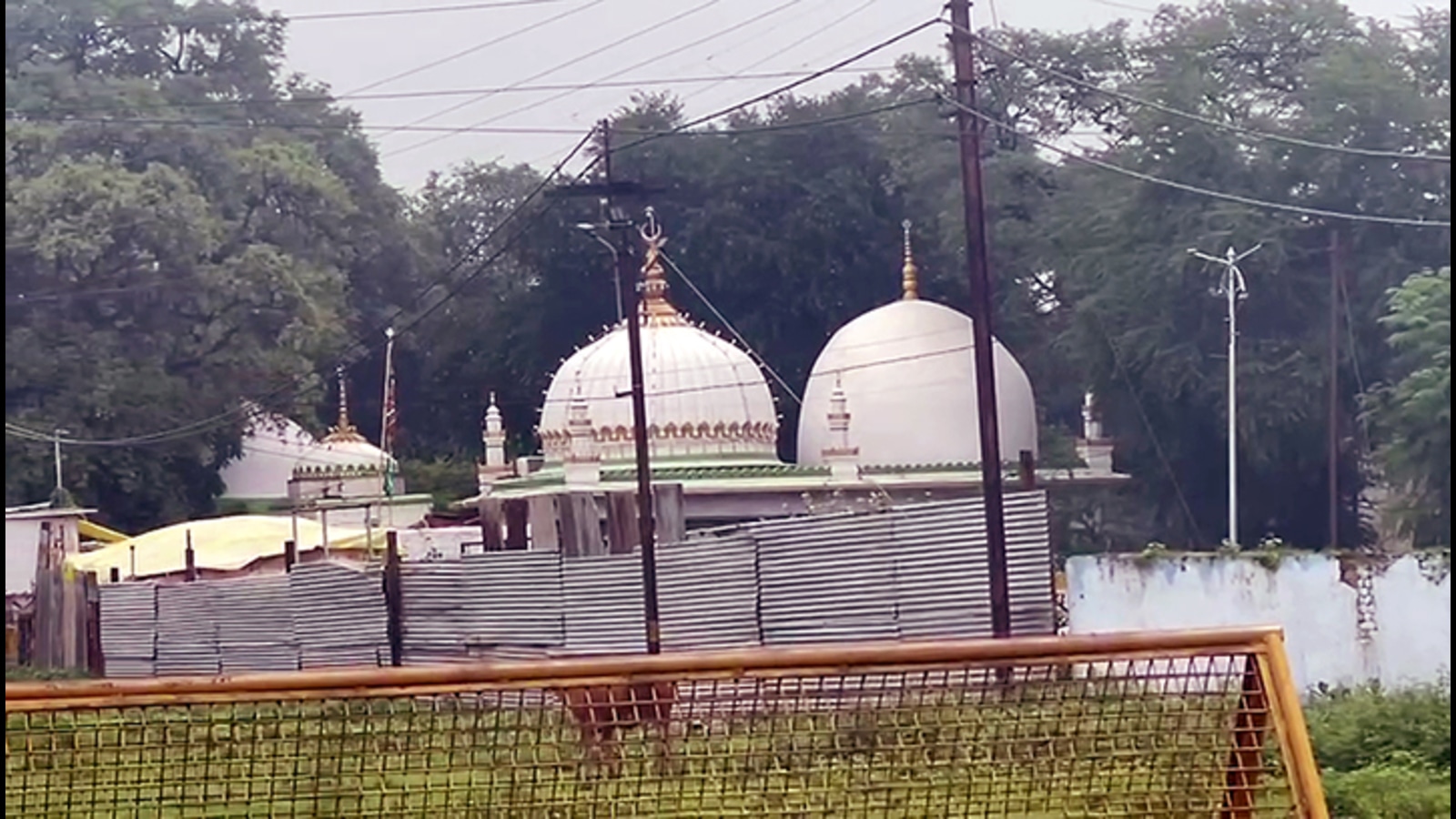Jul 16, 2024 08:51 PM IST
India’s architectural heritage, including places of worship, needs to be preserved the way it is, recognising often complicated histories
The Archaeological Survey of India (ASI) has submitted a report before the Madhya Pradesh high court (HC) that the Bhojshala temple-Kamal Maula masjid in Dhar in the state was built from the remains of earlier temples and the present mosque at the site came many centuries later. This is likely to buttress the claim of Hindu petitioners who have demanded that they be allowed to worship underneath the dome of the mosque on all days — as of now, Hindus worship on Tuesdays and Muslims pray on Fridays — and that namaz be disallowed. In March, the HC had asked ASI to look into the origins of the site and submit a report. Considering the political nature of the claims, the legal battle is likely to continue to the Supreme Court.
![Dhar [Madhya Pradesh], Jul 15 (ANI): A view of the Bhojshala Temple as Archaeological Survey of India (ASI) submits survey report on Bhojshala complex before Madhya Pradesh High Court, in Dhar on Monday. (ANI Photo) (ANI) Dhar [Madhya Pradesh], Jul 15 (ANI): A view of the Bhojshala Temple as Archaeological Survey of India (ASI) submits survey report on Bhojshala complex before Madhya Pradesh High Court, in Dhar on Monday. (ANI Photo) (ANI)](https://images.hindustantimes.com/img/2024/07/16/550x309/Dhar--Madhya-Pradesh---Jul-15--ANI---A-view-of-the_1721143231399.jpg)
The ASI report is not surprising considering India’s complex history. Invasions, demolitions, rebuilding and conversion of sacred sites were not unusual in the past. The question is what is to be done with this history today, centuries after the events have passed and generations have lived and died. The Dhar site/structure, attributed to a period between 11th and 15th centuries, qualifies as a heritage building, the reason why it is under the protection of ASI. After a section of Hindus claimed worship rights, a convenient formula was arrived at with the authorities allotting separate days for Hindus and Muslims to offer prayers. Such syncretism is not unusual in India, where saints and shrines are shared by people of different faiths.
The pursuit to construct singular faith-identities and slot heritage in narrow silos threatens this syncretism. Turning the Bhojshala-Kamal Maula site into a battleground of faiths is unfortunate; it may not even be politically profitable anymore, as the recent elections show. India’s architectural heritage, including places of worship, needs to be preserved the way it is, recognising often complicated histories. Manipulating history to build a narrative of conquest, victimhood or revenge is a self-defeating exercise that distracts institutions from more pressing livelihood concerns. Once the battlelines are sharpened, the conflict refuses to yield to settlements and closures that satisfy all the sides.
Unlock a world of Benefits with HT! From insightful newsletters to real-time news alerts and a personalized news feed – it’s all here, just a click away! –Login Now!


